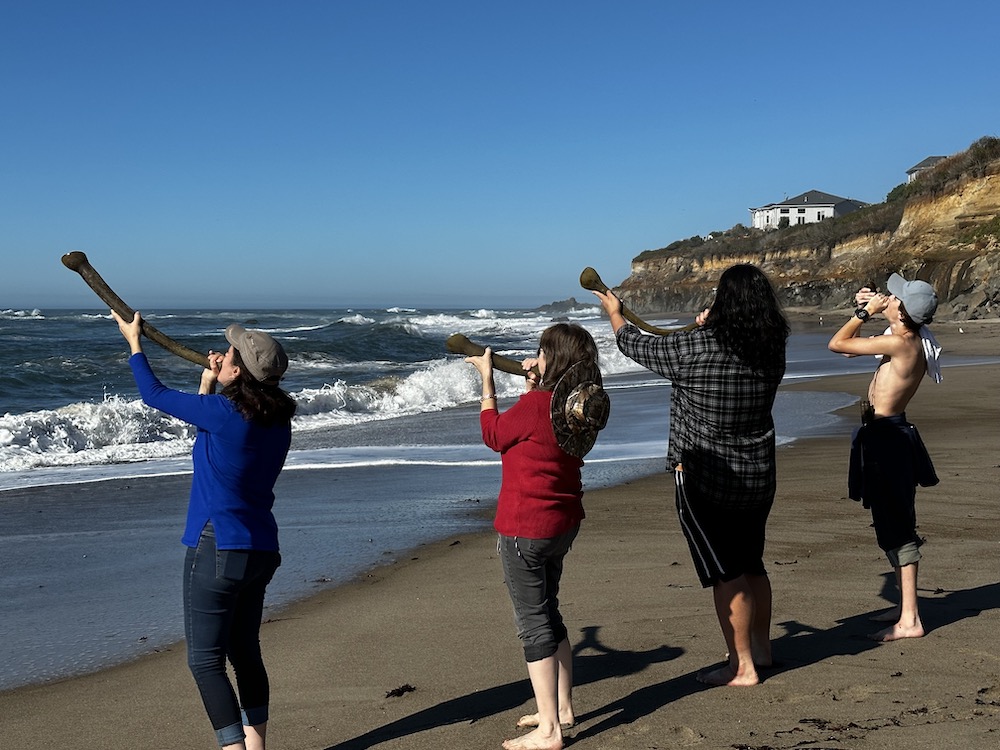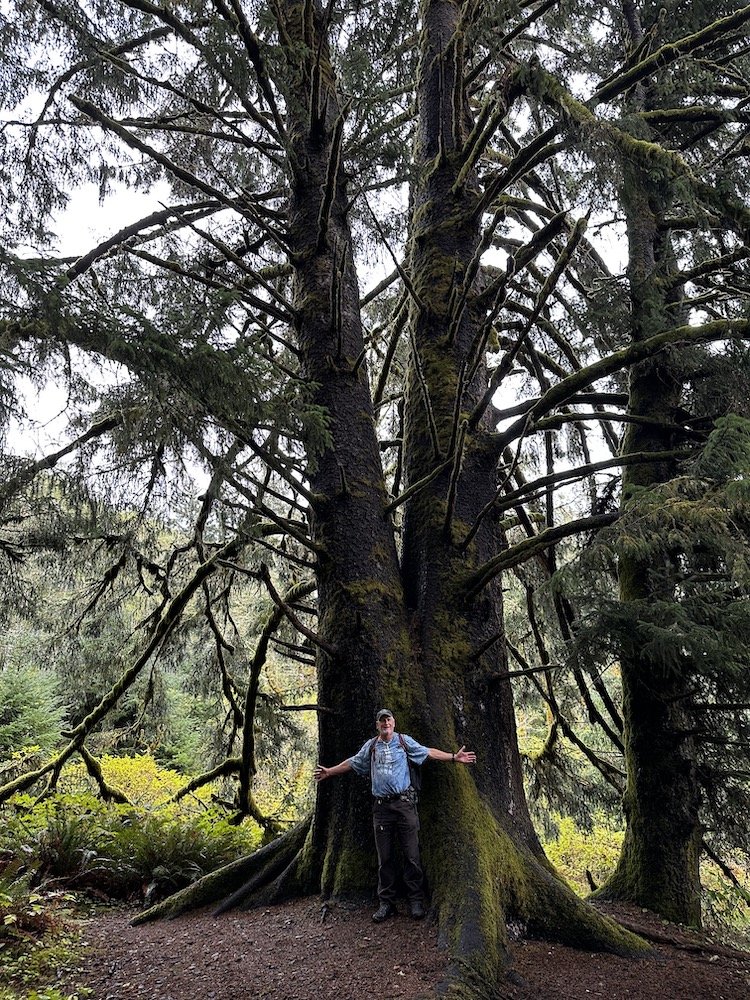
A note from Nathan: I wrote the following expose on Islam after reading the Koran more than 15 years ago. After the recent horrific occurrences in Israel at the hands of Muslim terrorists, it is appropriate to understand the demonic forces that are behind Islam and the perverse and twisted nature of their “holy” book that gives license to the unspeakable acts of Muslims who believe and follow the Koran.
The True Face of Islam Unmasked
Introduction
The Koran (or Qur’an) is the sacred book of the religion of Islam. It contains the sayings of Muhammad, the founder of Islam. In the Koran, Muhammad (ca. 570 to 632) claims that the sayings of the Koran came to him from God (or Allah) via the angel Gabriel. Based on a passage in the Koran (Sura 7:157), many believe that Muhammad was illiterate and was incapable of writing these sayings down himself. At the very least, he was unlettered and unlearned. Shortly after his death, some of his followers who had memorized his sayings met together and recorded in written form what they remembered Muhammad to have said. This is how the Koran came to be.
The Koran forms the bedrock of the Islamic faith, although there are other sacred books belonging to the religion of Islam that have sprung up since the Koran was compiled.
Since some of the practitioners of Islam are presently on a crusade to forcefully convert many countries to Islam, and since many Muslims terrorists have demonstrated a specific hatred for Jews and Christians, and since there is much misinformation being broadcast in the western media, by western politicians and western educators as to what Moslems believe and what the Koran actually teaches, I took it upon myself to read the Koran from cover to cover to see for myself what it says. Below are some of the amazing facts about Islam that I learned from reading the Koran.
The following references are taken directly from the Koran. Chapter (Sura) and verse references may vary from Koran to Koran. Those listed below are from The Koran by Ivy Books (published by Ballantine books in 1993, a division of Random House, New York, ISBN 0-8041-1125-1). I will occasionally provide some alternate versions of the Koran from several other translations for the purpose of confirming some of the more controversial passages.
Alternate versions of the Koran that I use for comparative purposes are:
AKa (The Qur’an, by Abdullah Yusuf Ali; Elmhurst, N.Y. : Tahrike Tarsile Qur’an, Publishers and Distributors of Holy Qur’an, 2005, ISBN 1-879402-29-7)
AKb Koran: Quran—The Final Testament; Authorized English Version; translated from the Original by Dr. Rashad Khalifa, Ph.D. by Islamic Productions, 2003, http://www.quran-islam.org/93.html).
According to the Koran
The Purpose of the Koran
- The main purpose of the Koran is to warn all creatures (p. 294, Sura 38:79).
- The Koran is a warning to the God/Allah-fearing (p. 375, Sura 69:48).
Muslim Theology
- Moslems are to believe the Koran and the Bible (p. 58, Sura 4:136).
- The koranic law of abrogation states that if something was written later in the Koran that contradicts something that was written earlier, the later cancels out the former (p. 10, Sura 2:100; p. 153, Sura 13:39).
- One earns (immortality and) a spot in paradise or heaven by doing things that are right, and on the basis of one’s good works (p. 57, Sura 4:23; page 92, Sura 7:42; p. 198, Sura 20:111; pp. 251 and 255, Sura 29:6 and 57; p. 318, Sura 43:72). A sinner can be forgiven of his sins by paying alms, by being prayed over, through repentance and by his good works (p. 121; Sura 9:5–7).
- Those who oppose Allah and Muhammad will receive eternal hell fire (p. 117, Sura 9:64; p. 113, Sura 9:17; p. 164, Sura 16:31). The Koran portrays the torments of hell in the stereotypical manner reminiscent of Dante’s inferno (p. 208, Sura 22:20).
- Allah misleads some people and guides others (p. 152, Sura 13:27; AKb 13:27; p. 154, Sura 14:4).
- At the creation of man, Allah commanded angels to bow down to worship man (p. 159, Sura 15:30–33).
- Allah gave the Torah to guide the children of Israel (p. 171, Sura 17:2; AKb 17:2; p. 264, Sura 32:23).
- There are seven heavens (p. 214, Sura 23:17). This is a concept that the Koran borrows from the pagan Greek philosophers.
- Ishmael was a prophet and an apostle (p. 190, Sura 19:55).
- Camels are used for sacrifices (p. 209, Sura 22:37) and for eating (p. 210, Sura 22:36).
- The Koran teaches that Allah and the God of the Bible (YHVH Elohim) are one in the same, and the same God sent down the Book of the Law (the Torah) and the Koran (p. 254, Sura 29:45–46; AKb 29:46–47).
- The soul of man is immortal (p. 255, Sura 29:58). This also is a concept that the Koran borrows from the pagan Greek philosophers who taught the concept of dualism.
- There is no variableness in the way of Allah; that is, the word of Allah does not vary. In other words, the Bible and Koran do not contradict (p. 279, Sura 32:45), since the Koran teaches that both books came from the same God (p. 254, Sura 29:45–46). At the same time, the Koran claims to clear up (or correct the errors of?) the Bible and replaces them with truth (p. 64, Sura 5:18; p. 127; Sura 10:38).
- Allah created the earth in two days (p. 307, Sura 41:8; AKb 41:9). If this is true, how can the Bible and Koran both be truth and the word of God, since the Bible states the earth and everything else in six days? Elsewhere, the Koran claims that the earth was created in six days (p. 338; Sura 50:37).
- Paradise or heaven is guaranteed for those who fight and slay for the cause of Islam (pp. 121–122, Sura 9:11).
The Koran on Muhammad
- Muhammad was an “unlettered prophet,” which is interpreted to mean that either he was illiterate or was unlearned (p. 101, Sura 7:157; AKb 7:157 says Muhammad was a “gentile prophet” in place of “unlettered prophet”).
- Muhammad had many slaves and wives and lots of sex (p. 269; Sura 33:49–51; AKb 33:50–51).



















